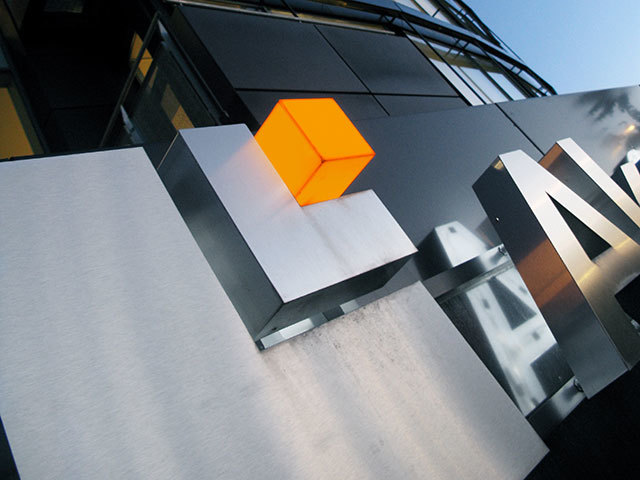
Aker Solutions, the offshore engineering company controlled by billionaire Kjell Inge Roekke, could miss opportunities to expand into Russia’s Arctic region if Europe and the U.S. uphold sanctions on the country.
“If the political situation continues and the sanctions are long-term, they will mean lost market opportunities,” chairman Oeyvind Eriksen said in Oslo on Tuesday.
While the Fornebu, Norway-based company is not currently involved in any large projects in Russia, it is “ready to consider” opportunities when the restrictions are lifted, he said.
Aker Solutions, which has experience of the Arctic through projects it has worked on off northern Norway, is seeking to expand into new markets as the company splits to focus on its subsea and engineering businesses to cut costs and improve shareholder returns.
The company’s owners, which include Roekke’s investment company Aker and the Norwegian state, approved the split at a meeting in Oslo yesterday.
“Russia is one of the world’s biggest oil and gas producers, with large resources not least in the Arctic region, which is part of the core competence of Aker Solutions,” said Eriksen. “I hope the political situation is clarified quickly, and not only for commercial reasons.”
Sanctions announced by the European Union and U.S. are targeting Russia’s energy, finance and defense industries as the conflict between pro-Russian separatists and Ukrainian government forces escalates and after a Malaysian Airline System civilian jet was shot down in eastern Ukraine.
While Norway is not a part of the EU, it will comply with the sanctions, the government said this week.
Sales from Norwegian oil-service companies to Russia amounted to less than 5 billion kroner ($810million) in 2012, according to a government-commissioned report last year by industry consultant Rystad Energy. That represents less than 3% of their turnover outside Norway and less than 1% of the total.
The sanctions on Russia, which include a ban on the transfer of technology for deepwater and Arctic oil exploration and production, come just as Rosneft, the country’s biggest oil company, prepares to drill about 40 exploration offshore wells in its largely untapped Arctic waters. Those wells are being drilled with partners including Exxon Mobil and Norway’s Statoil, the biggest customer of Aker Solutions.
“It’s potentially very serious” for Norwegian suppliers of services ranging from ice management to medical response and platform engineering that could miss out on exploration and other developments, said Haakon Skretting, regional director for Russia at industry group INTSOK, which promotes the Norwegian oil industry abroad.
Exxon and Rosneft’s first well in the Kara Sea will cost $700million.
“If they find a big oil field there this summer, it could be the start of a small bonanza, an adventure,” Skretting said.
“The real concern here is that the Norwegian industry wouldn’t be able to take part in that.”
While France’s Technip, which is involved in the Yamal liquefied natural gas project in Russia’s Arctic, has said sanctions will hurt profit margins, they probably will not boost competition in the global oil-services market, Aker Solutions’ Eriksen said.
“The sanctions will impact companies that have built large organizations and production capacity in Russia,” he said.
“Our competitors won’t realistically be able to employ that capacity to increase competition in other regions.”
Recommended for you
